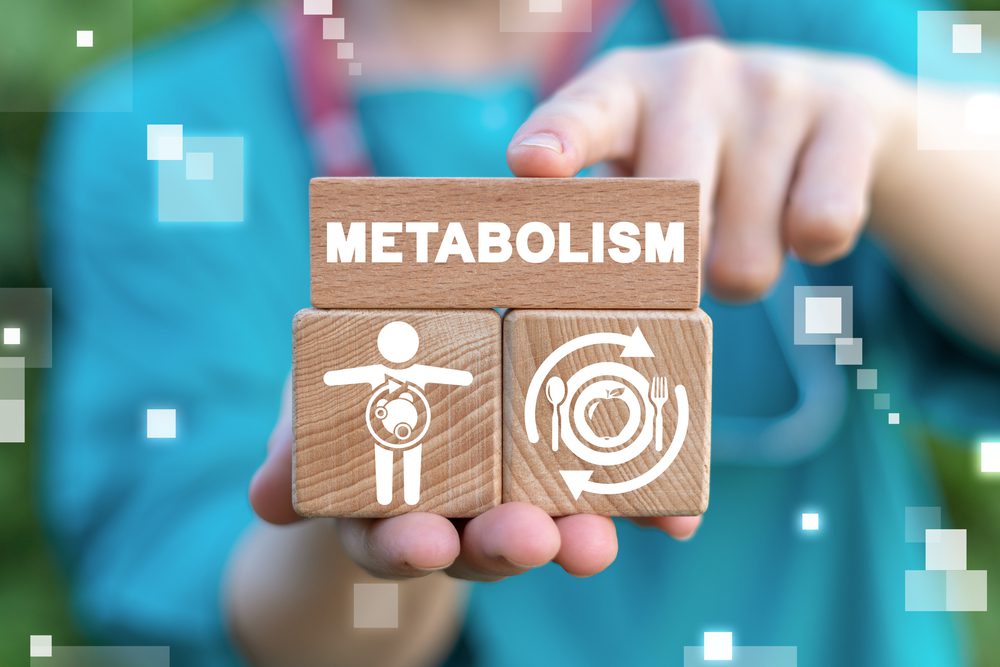
#3 The Metabolism Is Working Hard at Night
Leptin and ghrelin, the hormones that control appetite and satiety, must be in balance to function properly. Leptin aids in appetite suppression by alerting you when you are full, whereas ghrelin increases appetite. Leptin production rises and ghrelin production falls when we get enough sleep. It has been demonstrated that getting too little sleep raises ghrelin, making us feel more hungry and less full, as well as giving us more time awake to eat.
Additionally, those who get less sleep are much more prone to be obese or overweight, which are risk factors for diabetes and other long-term health issues.
Also, throughout the course of the night, sugar levels and insulin levels change, possibly in sync with various phases of sleep. Insufficient or irregular sleep can mess with your insulin and blood sugar levels, which can raise your chance of developing diabetes.






